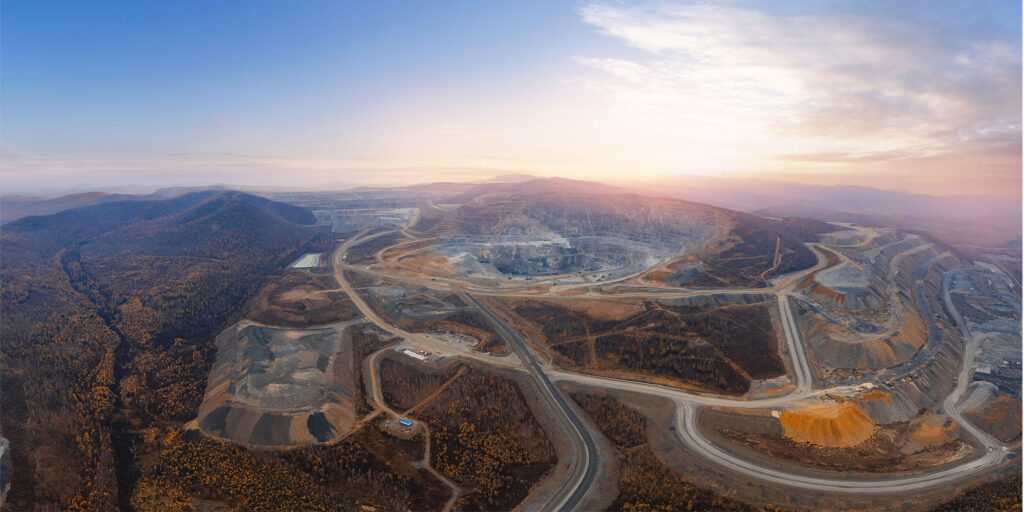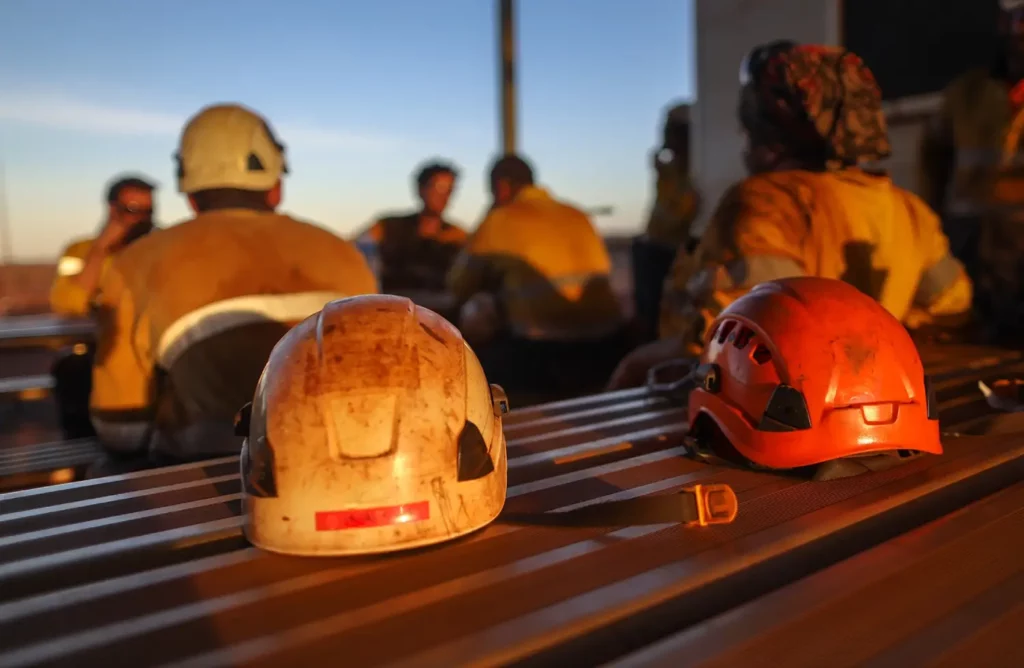When a global mining company needed to fill dozens of leadership roles across three continents simultaneously, they discovered that traditional recruitment approaches weren’t enough for ...
In 2017, we worked with SSR Mining (SSR) to recruit for the Chinchillas mine, a silver-lead-zinc deposit in Argentina. The open pit mine, part of SSR’s Puna Operations, is the largest silver producer in the country.
A critical component of any major expansion is having the right people in place to lead and effectively manage the program of works safely.
The challenge
But in recent years, the mining industry in Canada and the US has been in the grip of extreme staffing challenges. Across Canada, the United States, and Australia, competition is high for technical and operational people.
It extends to the incoming generation of technical specialists, too. The mining industry struggles to attract young technical talent, with 43 percent less mining graduates in the United States since 2016.
In Canada, the situation is more pronounced, with a steep 53 percent drop, according to the Mining Industry Human Resources Council (MIHR).
For the US-based SSR Mining recruitment team, this local technical talent shortage and tight market were the main challenges, but at the same time they were dealing with two other issues:
- Tight timelines to meet production deadlines
- Currency fluctuations
As a result, the SSR Mining team decided that a scalable Recruitment Process Outsourcing (RPO) program was the best way forward for recruiting at the Chinchillas mine.
And it paid off.
Why an RPO worked for SSR Mining
“Companies will often think ‘we have an internal team who can do this’, but often those teams are already under-resourced or allocated to business-as-usual activities,” says Martha Preston, Globe 24-7 Delivery Manager – North America.
“An RPO is scalable to meet your requirements and provides access to dedicated, experienced recruitment staff, when and as you need it.”
Historically, mining companies have gauged their value based on commodity prices, mineral quality, location, and assets. Yet, a paradigm shift is underway, noting that talent is not merely a supporting element but is central in creating value.
Cost and time efficiency
Using an RPO service meant the SSR Mining team didn’t have to build out their internal hiring capabilities. This led to faster hiring and freed up internal resources to stay focused on core business activities.
Dedicated focus
Coordinating and recruiting across several major projects is a challenge at the best of times. Having experienced staff dedicated to the Chinchillas project provided a consistent and efficient process.
Wider talent pool
SSRM gained access to our large pool of mining candidates, increasing the chances of finding the right fit for each role.
“The RPO team—who were from Peru and Brazil—were stationed in the SSR Mining office and were the critical link between the head office and the Chinchillas operation,” Martha says.
The RPO team worked around the clock, managing applications, and conducting interviews with prospective talent.
Over an 18-month period, we successfully placed 87 people for roles on the Chinchillas project.
Set up for success
By December 2018, the Chinchillas mine achieved commercial production.
Having a dedicated, skilled team ensured the SSR team met their hiring targets and helped deliver a leading mine expansion.
Ernst & Young (E&Y) places talent recruitment and retention among the top 10 risks and opportunities for mining and metals companies in 2024.
For mining companies aiming for uninterrupted production or seeking expansion, Recruitment Process Outsourcing is a good option.
It reduces time-to-hire when the available talent pool is limited. And you can employ a robust search process, that most importantly, gets the right result.




